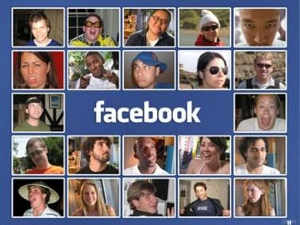Is Your Grammar Holding You Back in Dating?
- Tuesday, March 15 2016 @ 09:20 am
- Contributed by: kellyseal
- Views: 2,019
Maybe you’ve heard the statistics, but if not – pay attention, and turn on your spell check. Correct grammar usage and spelling goes a long way when you’re online dating. In fact, according to recent studies by online dating site Match, bad grammar is one of the biggest turn-offs for men and women – a close second behind poor hygiene.
In other words, make sure you know the difference between "your" and "you’re" before you message a potential match.
Website Grammerly did its own collection of data regarding dating and grammar usage, and came up with some interesting findings. As it turns out, people aren’t only aware of grammar mistakes – they pay attention to the specific words you use, too. Some terms are more attractive than others when you’re writing messages or an online dating profile.
For instance, men who use the word “women” rather than “girls” in their messaging are 28% more successful at getting responses. And those who use the word “whom” correctly do even better – they are 31% more successful than those who use it incorrectly.
Men are a little easier on women overall, but there are certain phrases they don’t like. When women use the words “divorce,” “separate,” or “my ex” they receive 4% fewer messages than those who don’t. (So maybe save your dating histories for the actual date, ladies.)
Spelling can be a big deal too, at least for women. Guys – if you have just two spelling errors in your profile, you reduce your chances of a response by 14%. As for the ladies? Men just aren’t so picky – spelling errors don’t affect their chances of getting a response. (Which may explain why women make nearly twice as many spelling, grammar and punctuation mistakes in their messages and profiles than men---it doesn’t seem to matter as much!)
Some other fun stats:
- According to OkCupid, women receive 17 times as many messages as men – which may explain why they can be picky, but don’t have to watch their spelling and grammar mistakes.
- Both men and women rate grammar as more important than confidence in online dating.
- Eighty-eight percent of women judge their dates’ grammar mistakes, compared to 84% who judge their dates by their level of confidence. For men, it was 75% and 69% respectively.
- Men use 21.9% more words than women do in their responses to questions regarding their online dating profiles.
- Roughly 11% of American adults (24 million people) have used an online dating site or app
Bottom line: check your messages before you hit “send” – it could make a huge difference in your online dating success.




